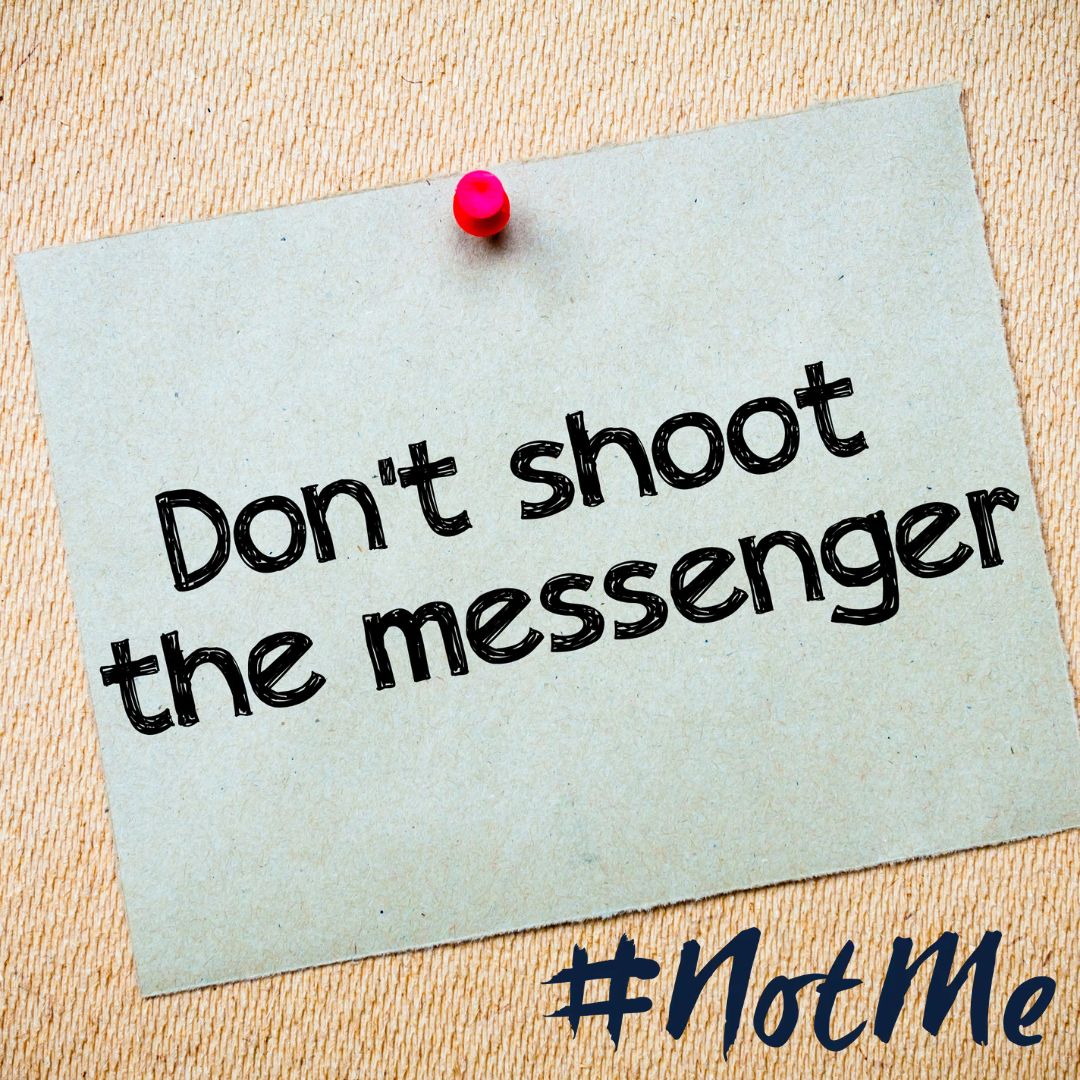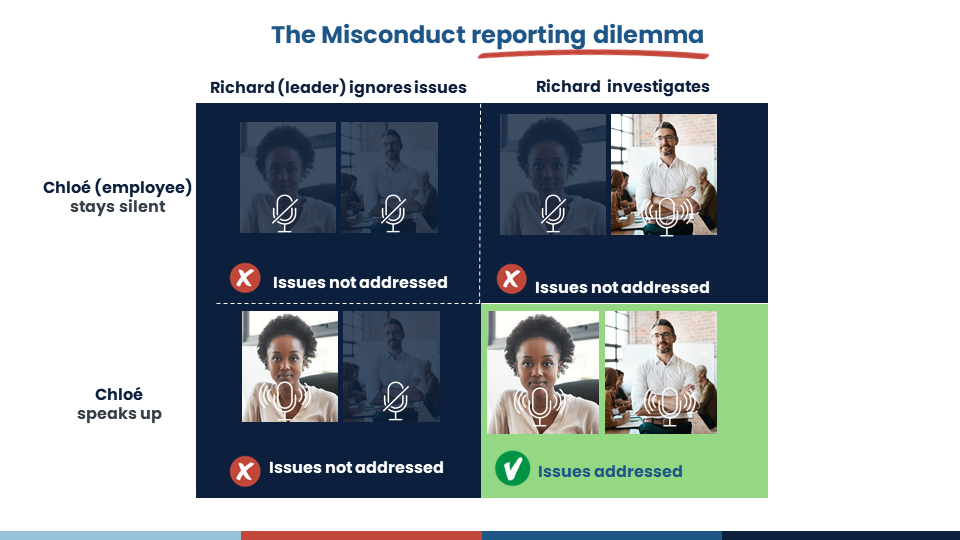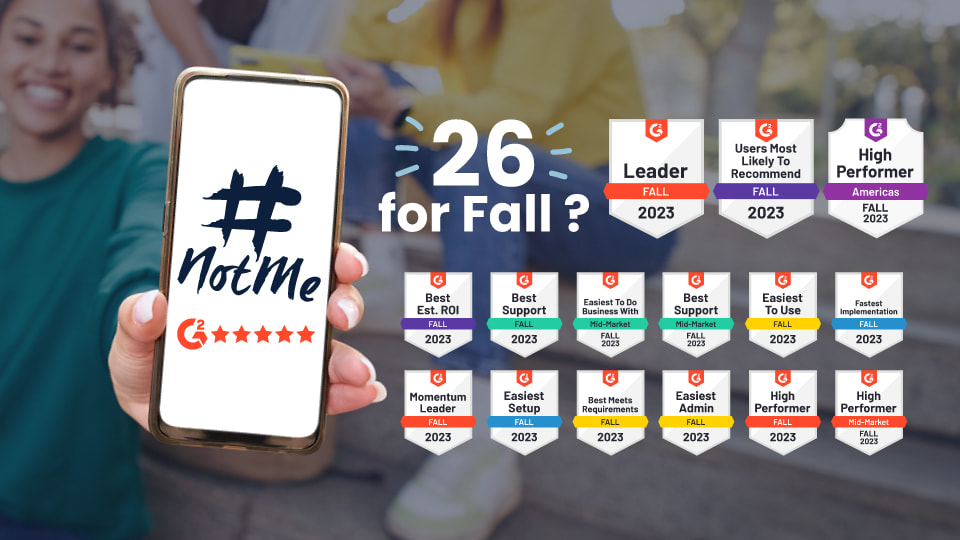Nobody likes getting bad news. It’s natural to want to deny the truth of what you’re hearing, especially if you don’t have clear evidence to support it. Numerous psychological experiments have even shown that “shooting the messenger”—deeming innocent bearers of bad news unlikeable or ascribing malicious motives to them, even when that makes no logical sense—is a typical human reaction. This explains why one of the top concerns of whistleblowers (and one of the primary reasons people don’t speak up when they witness or are the victim of misconduct) is retaliation. Understanding what retaliation is and why it is also a serious problem for companies can help point the way to a better solution, both for dealing with misconduct and avoiding retaliation claims.
What Is Employee Retaliation?
Retaliation is when an employer treats an applicant, employee, or former employees less favorably for reporting misconduct, participating in an investigation or lawsuit related to reports of misconduct, or opposing misconduct. This can be overt and egregious, such as firing someone who made a report of sexual harassment, or more subtle. For example, if an employee makes a report and then is removed from a high-profile project or is given an unexpected negative review, that can also be a form of retaliation.
The most obvious reason retaliation is a problem for companies is that it is illegal. Engaging in it won’t make complaints of misconduct disappear, but it will make the number of legal issues you face grow. It’s also a problem because the fear of retaliation deters people from speaking up, and the expectation of experiencing it can lead them to interpret the treatment they receive at work as retaliation.
Unfortunately, the advice companies usually get about avoiding retaliation claims can play right into priming whistleblowers to expect retaliation. They’re told to clearly inform employees that retaliation is illegal, to treat whistleblowers as if they had never reported, and to ensure that employees are treated consistently with past practice (or to thoroughly justify why a whistleblower might be treated differently). In reality, companies are more likely to treat whistleblowers as if they’re a bomb about to go off, so fearful of triggering a retaliation complaint that they create a unique sort of toxic work environment that can be seen as retaliatory in its own right.
What’s the answer? A counterintuitive approach that leans in to reducing both misconduct and potential retaliation against the whistleblowers who speak up about it.
The Value of Improved Misconduct Reporting
The fundamental issue with the traditional approach to retaliation is that it treats the whistleblower like another problem to be handled instead of part of the solution. In fact, enabling more effective whistleblowing is a key component of mitigating and containing retaliation-related risks. How?
Vague reports that lack key details and systems that make it impossible to follow up on anonymous reports feed into the natural desire of managers or HR to disbelieve the whistleblower and treat them as a troublemaker. Training and enabling whistleblowers to give clean, clear reports with supporting evidence is fundamental to counteracting that impulse. The clearer and cleaner a report is, the more evident it is that the complaint has a foundation worthy of investigation and isn’t just a personal gripe or rumor. In turn, this makes it clearer that retaliation is risky and should be avoided.
An important note: Will whistleblowers feel comfortable providing that level of information if they have to come forward publicly? Often they will not. This is why having a truly anonymous reporting channel—one where reporters will not fear that promises of anonymity are just an illusion—is critical to facilitating reports.
Also essential to containing retaliation risks is having a means for your HR or compliance team to stay in communication with a whistleblower after they’ve submitted their report, whether it has been submitted anonymously or not. Too often, reporters feel as if the information they’ve shared falls into a black hole of inaction while they’re put in the glare of a spotlight. Following up and involving the whistleblower in the process of the investigation and, if and when feasible, the resolution of the issue actively demonstrates that the company is following up and taking the matter seriously. This diminishes the risks of retaliation by focusing action where it belongs—mitigating misconduct—and actively recruiting the reporter as an ally against it.
Any organization paying attention to the news that old strategies of trying to cover your @$% when allegations of misconduct crop up don’t work, and trying to keep whistleblower reports under wraps by shooting the messenger tends to blow up spectacularly in the long run. It’s past time for a new approach. The only effective strategy to combat misconduct and retaliation claims against your company is to position your whistleblowers as the solution.
It starts with training employees to know how to report issues in a clear, detailed manner and inviting them to do so with an easily accessible reporting channel that provides the option for anonymous whistleblowing. It continues by staying in communication while you conduct a transparent investigation. NotMe Solutions provides an integrated reporting app and case management platform that can help your company transform their response to allegations of misconduct from an ineffective exercise that discourages speaking up and allows problems to grow to one that resolves issues before they turn into costly lawsuits or generate claims of retaliation. To learn more, contact NotMe Solutions today.












